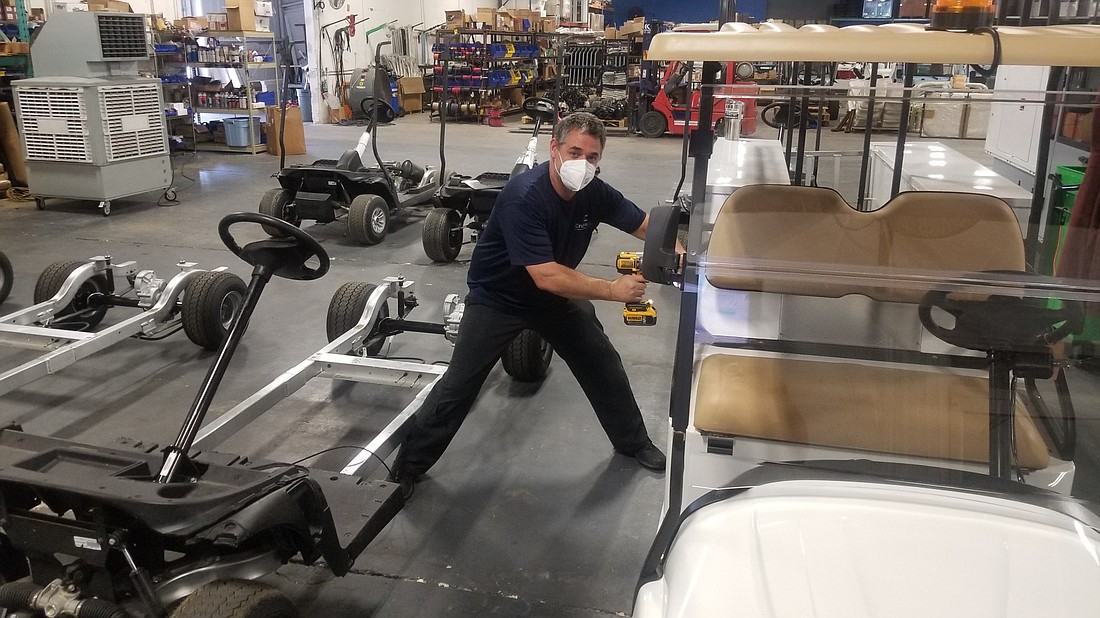- February 3, 2026
-
-
Loading

Loading

During the pandemic, many companies are putting social distancing measures in place, including encouraging employees to work from home and separating employees in manufacturing facilities who usually work side-by-side.